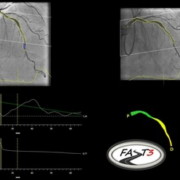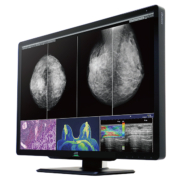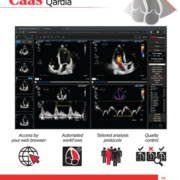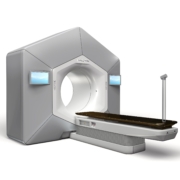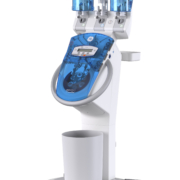Pie Medical Imaging announces 500th patient in the FAST III clinical trial
Pie Medical Imaging, a global leader in cardiac imaging, announced the 500th patient inclusion in the FAST III, a multi-center randomized clinical trial, which investigates the use of angiography-based vessel fractional flow reserve (CAAS vFFR) in patients undergoing coronary revascularization procedures. In this trial, a CAAS vFFR guided strategy is compared to a FFR guided […]

